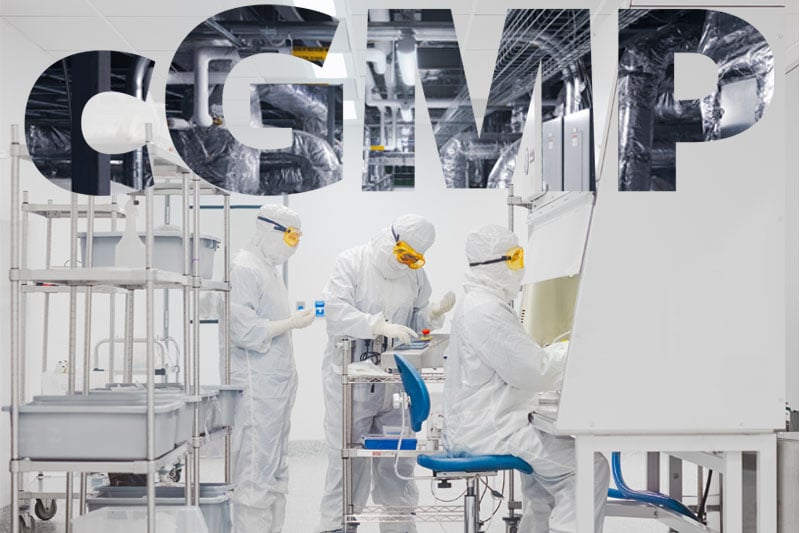
The Case for Current Good Manufacturing Practice (cGMP)
Most hospitals and health systems have 503A pharmacies, approved for small-batch compounding according to USP chapters <795> and <797>. So why, Pharmacy Practice News asks, would these facilities also want to invest in meeting the much more rigorous current Good Manufacturing Practice (cGMP) regulations demanded of large batch 503B facilities ?
The answer is straightforward: quality and patient safety.
Quality & Safety
The article quotes Tenille Davis, PharmD, BCSCP and pharmacist-in-charge at Civic Center Pharmacy in Scottsdale, Arizona: “First, it improves patient safety; but also, it comes closer to what the FDA is looking for during inspections.”
Best Practices
The article proceeds to recommend best practices beyond USP <795> and <797>: for example, environmental monitoring, such as conducting air and surface sampling at least monthly. Beyond environmental monitoring, hospitals should consider building quality into operations, from good material handling procedures to ensuring staff know how to use primary engineering controls.
Learn how QuVa is your answer for the rigorous cGMP standards required for better patient safety.
To read the full Pharmacy Practice News article, click here.

